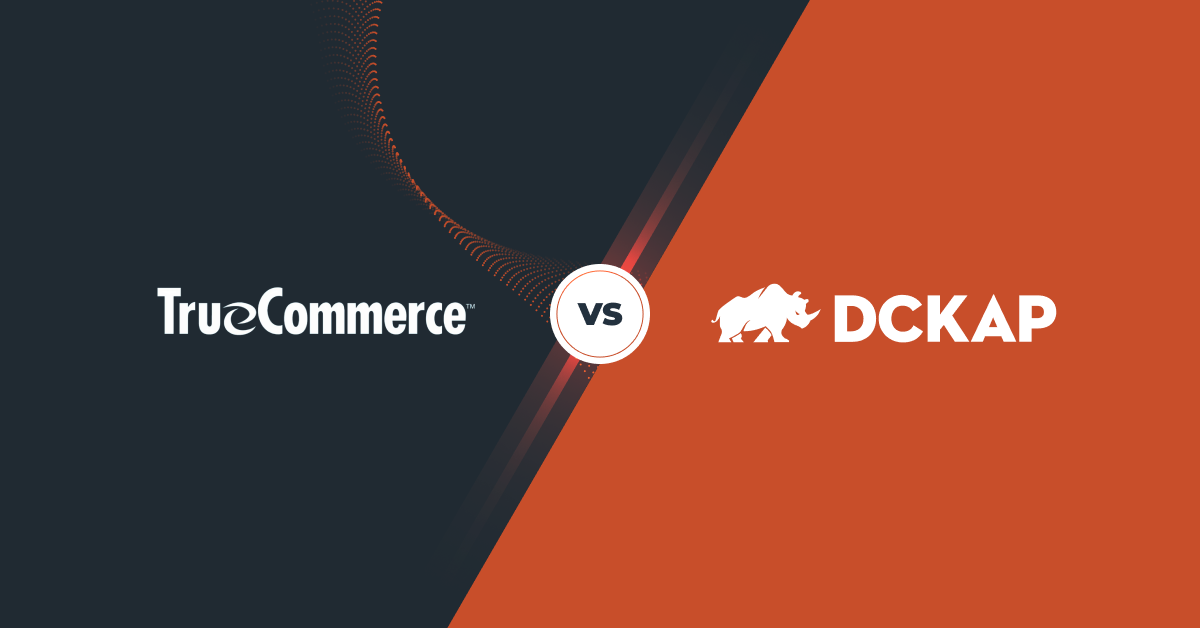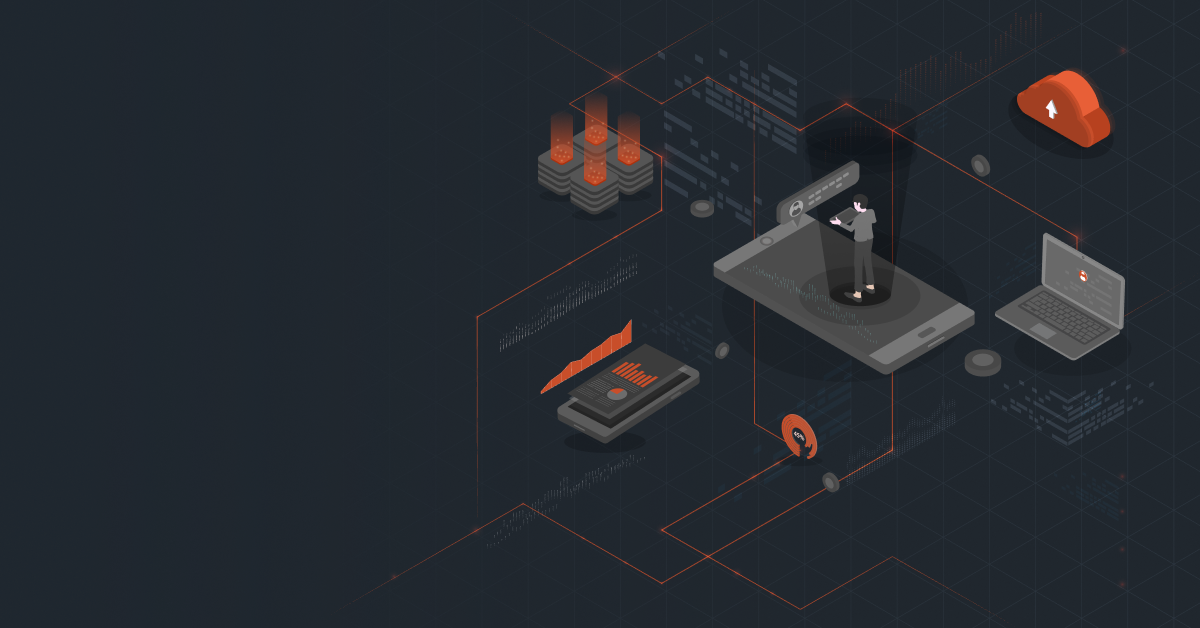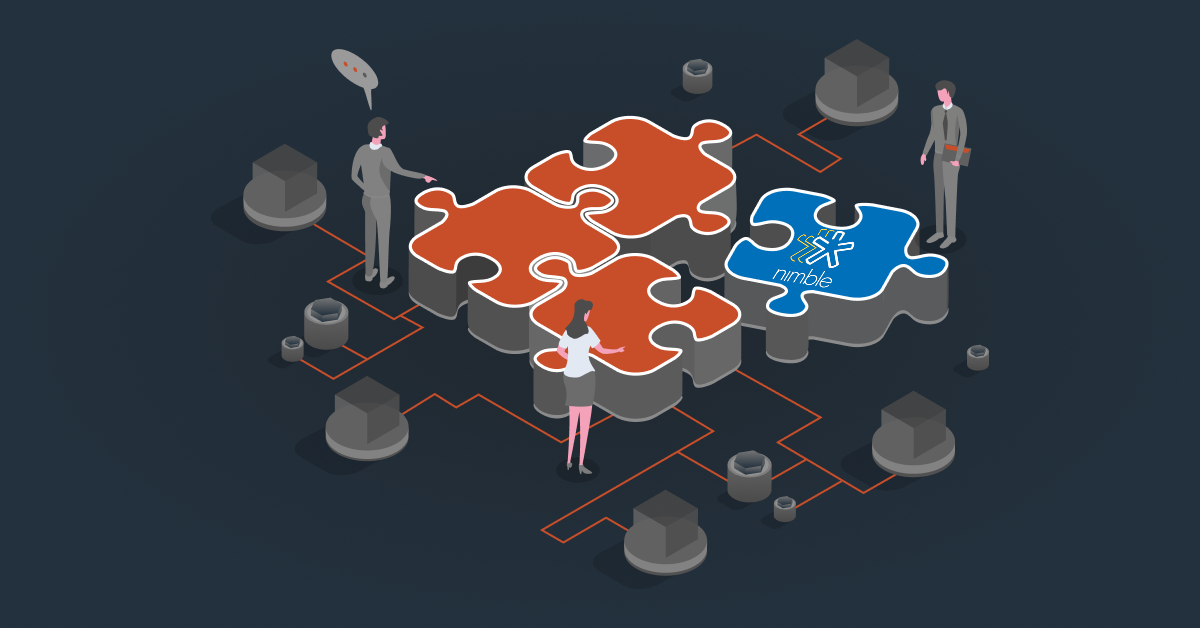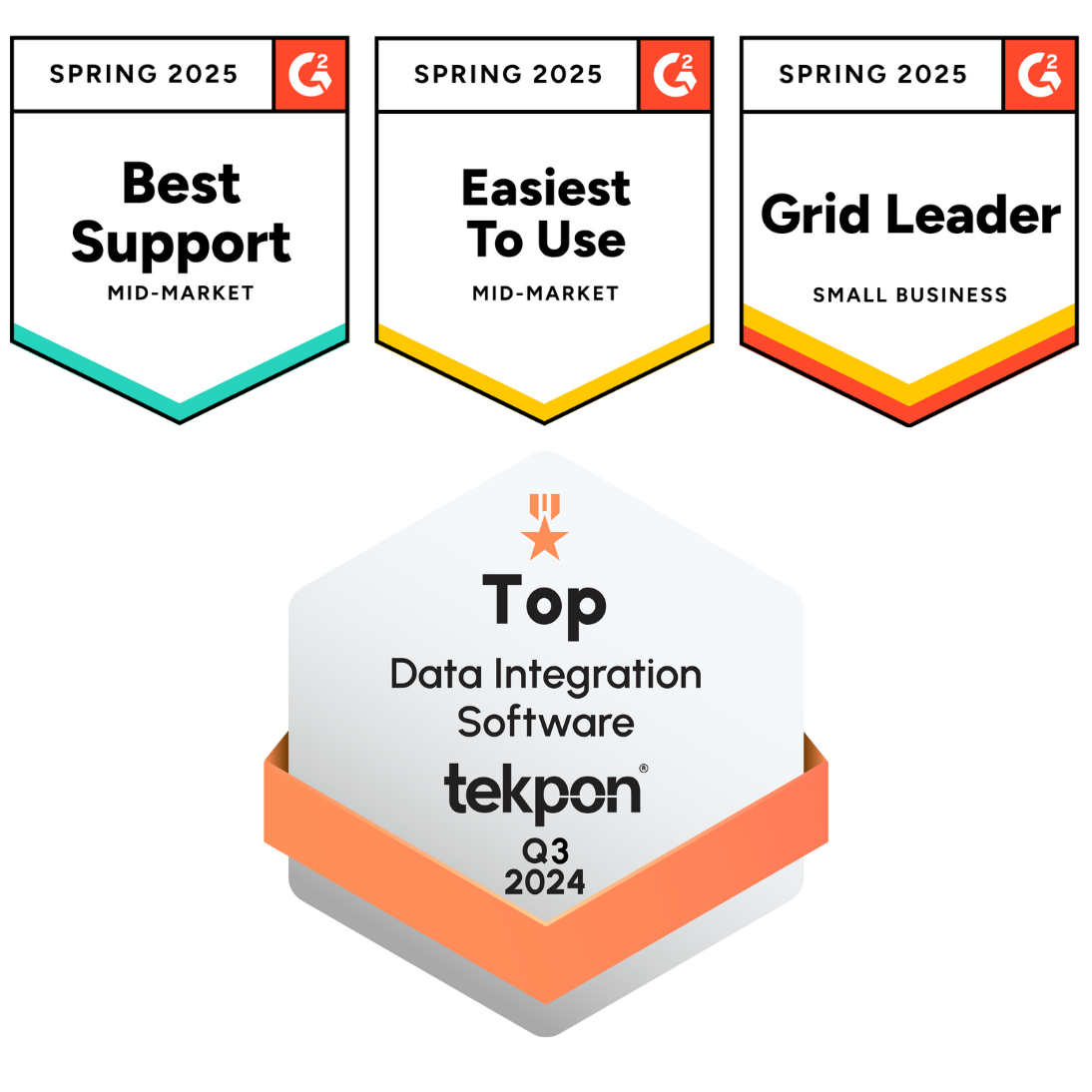Austin, TX —On the Driven by DCKAP podcast, Brad Feakes, President and Partner at Estes Group, joins host Karthik Chidambaram to explore how distributors and manufacturers can get more value from their ERP systems through practical use of AI and smart integrations.
Rather than chasing hype, Feakes outlines how companies can use existing data, human expertise, and smarter workflows to make their systems more adaptive, responsive, and aligned with business goals.
In a recent episode of the Driven by DCKAP podcast, Brad Feakes, President and Partner at Estes Group, joined host Karthik Chidambaram to share practical ways organizations can harness AI and integration strategies to improve decision-making, knowledge sharing, and customer experience.
Feakes discusses capturing tribal knowledge through AI, building smarter integrations, and identifying ERP vendors that are truly innovating. As AI rapidly reshapes the technology landscape, manufacturers and distributors are rethinking how to extract more value from their ERP systems.
Key Highlights
- Capture tribal knowledge through team conversations and feed it into an LLM to make company expertise more accessible.
- Use smart integrations that combine internal experience, algorithms, and heuristics to interpret customer data and expand communication between systems.
- When evaluating ERPs, look for vendors actively expanding their platforms. AI is a strong signal of a company that is innovating and in investment mode.
Turning Everyday Expertise Into a Competitive Edge
Feakes explains that much of the knowledge that keeps ERP systems running smoothly isn’t written in manuals—it lives in employees’ heads. Capturing that tribal knowledge and feeding it into large language models (LLMs) allows companies to surface insights that previously stayed locked in email threads, one-on-one chats, or years of experience.
“ERP expertise is something that’s always very difficult to document,” said Feakes. “We’ve trained an LLM inside our organization so our consultants can have conversations with it as part of their normal workflow. It’s helping them get to answers faster by combining local expertise with broader knowledge.”
For distributors and manufacturers facing retirements and shifting workforces, this approach offers a scalable way to preserve institutional knowledge and turn it into a resource that benefits the entire company.
Smart Integrations Make Systems Communicate Like People Do
Feakes also highlighted the role of “smart integrations” in modern ERP strategy. Smart integrations use algorithms and heuristics, mental shortcuts or rules of thumb, to interpret customer data in context.
“Smart integration can take whatever information your customer is giving you and apply tribal knowledge algorithms or heuristics to say, ‘Okay, this is really what you need,’” said Feakes. “That allows for a much broader area of communication than we currently have.”
For distributors and manufacturers, that means fewer bottlenecks and better alignment between customer input, ERP data, and business decisions.
Choosing ERP Vendors That Keep Building
Feakes cautions companies not to be swayed by marketing buzz alone when selecting ERP vendors. Instead, he recommends looking for signs of ongoing investment and innovation, with AI being a reliable indicator that the vendor is still innovating, not simply maintaining.
“AI is a proxy for the degree of investment a company is making in its solution,” he said. “You don’t want to be tied to an ERP system that’s in cash cow mode. You want a vendor who’s still building and expanding.”
For decision-makers in manufacturing and distribution, that means evaluating not only the software’s current features but also the roadmap behind it.
Practical Best Practices for B2B ERP Ecosystems
The conversation offers practical suggestions for leaders who want to modernize without losing what makes their business work. Feakes shows that the future of ERP is using automation and integration tools to amplify what people already know, shorten decision cycles, and strengthen customer relationships.
More Information
- For more details, visit the Driven Podcast portal or tune in on YouTube or Spotify.
- For information about ERP integration, check out the DCKAP Distributor Blog.
- Subscribe to the Driven by DCKAP Podcast.
About the Driven Podcast
The Driven by DCKAP Podcast is an audio and video show that explores B2B leaders’ stories, digital journeys, and insights on trends in distribution and manufacturing. The podcast is hosted by Karthik Chidambaram, Founder & CEO of DCKAP, who grew the company from a startup to a global team of more than 200 employees. Follow Driven by DCKAP Podcast on YouTube or LinkedIn.
About DCKAP
DCKAP is a leader in digital solutions that help distributors’ systems talk to each other. Its technology simplifies software integrations, e-commerce, and product information management for B2B companies. DCKAP’s flagship product, DCKAP Integrator, helps distributors and manufacturers automate data between ERP, e-commerce, and CRM systems. Founded in 2005, DCKAP is a global and distributed team headquartered in Austin, TX. Visit dckap.com or follow on LinkedIn.
About Estes Group
Estes Group is a leading provider of ERP consulting, managed IT, and cloud services based in Loveland, Colorado. With more than two decades of experience, Estes helps manufacturers and distributors implement, manage, and optimize business-critical systems through a unique blend of ERP and IT expertise. Learn more at estesgrp.com





